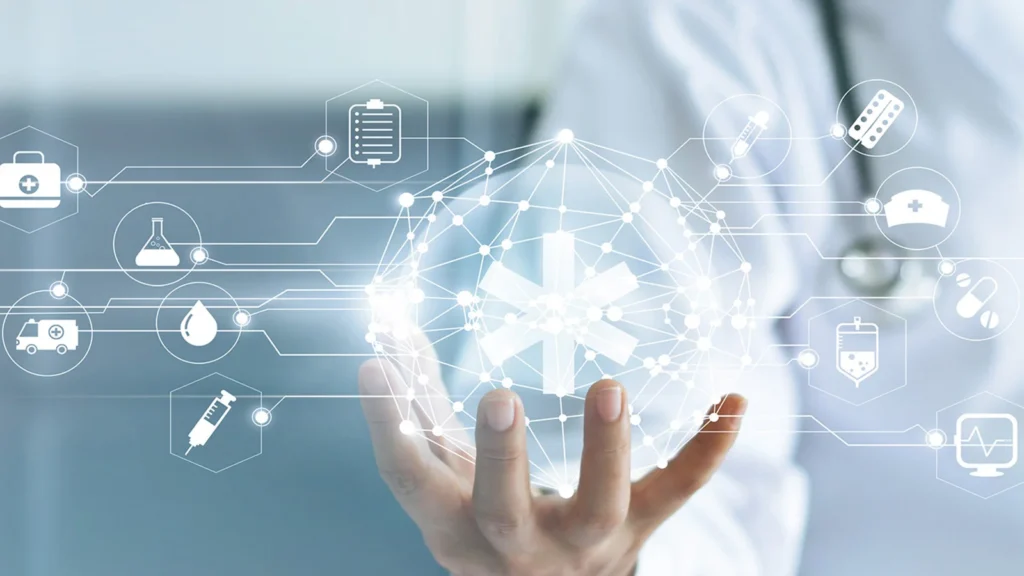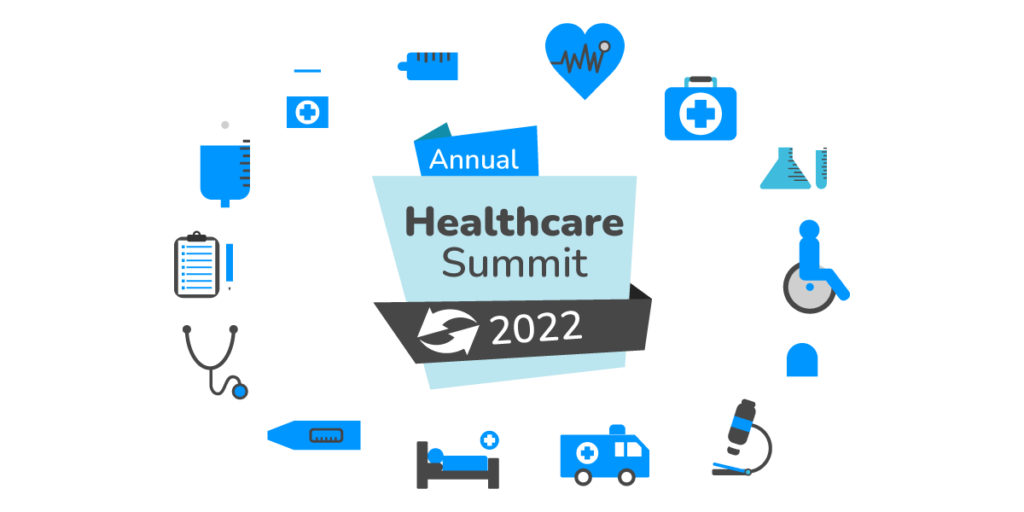As we wrap up 2022, 2023 is here with new challenges and exciting innovations. As the dynamics of healthcare shifted greatly post pandemic, it has become the most innovative sector. We have explicated the top 5 predictions that experts have made regarding the healthcare industry.
1. RPM usage
Health organisations’ adoption of chronic illness management and less expensive contexts of treatment will lead to a rise in the use of remote patient monitoring (RPM). Nearly 60% of individuals in the US battle with chronic diseases and about 40% people in the UK said they suffer from at least one chronic condition. With RPM’s growth, patients should be able to better manage their chronic diseases at home and stay out of the hospital. Recently, the trial of a health system named Mercy showed successful outcomes of their RPM technology usage. Various other organisations are also working to come up with such platforms and the trend is likely to increase in 2023.
As we try to increase capability and reduce reliance on overworked healthcare delivery institutions, this becomes increasingly crucial. More research on evidence-based telemedicine and RPM will likely be conducted in the future to determine the benefits of remote treatment over in-person care for chronic diseases and recovery. Many customers are enrolling in RPM programmes every day, and early implementations are producing data that shows this is a good chance to increase patient happiness and save costs.
2. Digital wearables
In 2023, you can expect to see increased implementation of digital wearable devices. By 2023, more people will be using wearable technology to check their personal fitness and wellness to coordinate care from a distance. There has been a quick rise in recent years from basic monitoring equipment for patient monitoring to supervise crucial factors like heart rate and blood oxygen levels through wearable tech that is Electrocardiogram capabilities-enabled, smart textiles that can detect pulse rate and foretell the likelihood of heart problems are some of the recently seen innovations.
In addition to physical sickness, there is an increasing focus on creating wearable technology that can track and identify symptoms of mental disorders. With these innovations come two primary advantages:
1) Privacy: as the gadget rarely needs to depart with critical patient information.
2) There is rapidity and efficiency, which is essential for gadgets intended to identify and issue real-time alerts for possibly serious diseases.
Related: Top 6 Women Trailblazers in Pharma
3. Competition by Retail Health
Clinics by retail are growing quickly for the purpose of providing primary care. Retail healthcare firms are rapidly gaining clients with an emphasis on luring business utilising cutting-edge customer-centric technology and insights to deliver healthcare. With cost-saving local consultations, virtual initial scheduling, and enhanced care quality, that they intend to provide. The industry’s many purchases demonstrate that companies like CVS, Amazon, and others are scrambling to acquire vital patient care facilities in order to strengthen their position in the healthcare sector.
This can urge the healthcare organisations to level up quickly by adopting efficiency, as it remains the major challenge they face. Because of the challenges and wait time in visiting a primary care doctor, primary-care practices may start to suffer as patients choose quickness, ease, and cost reductions. Therefore, the efficiency of retail health will eventually necessitate the need to bring change in healthcare by its stakeholders.
4. Individualised care via AI
Consumers will have greater possibilities in 2023 to obtain healthcare that is tailored to them personally. Instead of using an each strategy, medications and other therapies are specially customised to a patient population depending on characteristics like age, genetics, etc. The most sophisticated and accurate types of customised healthcare consider a patient’s genetic data or genome and can aid medical professionals in predicting the efficacy of particular medications or if a patient is likely to have negative effects. These forecasts are occasionally aided by AI and ML systems. Personalised care also refers to initiatives that give individuals more control over the design and delivery of their treatment.
5. Patient-centred care
Healthcare firms and organisations should spend more on individualised messaging to ensure good retention with their patients and members who are coping with chronic illnesses. Through targeted messaging, this kind of interaction can tackle the socioeconomic determinants of health, decrease care gaps, and boost compliance.Valuation programmes are assisting in easing the burden on healthcare systems. This type of care is founded on the notion of enhancing patient health outcomes and quality to ensure reduction in issues for a seamless recovery process. It aims to promote the three goals of bettering individual treatment, enhancing population-based health management techniques, and lowering healthcare expenditures.


